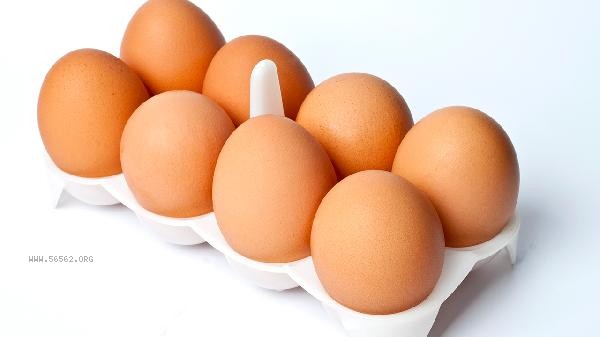Pigeon eggs and eggs each have their own advantages in nutritional value, and the specific choice should be determined based on nutritional needs. Pigeon eggs have slightly higher protein and mineral content, while eggs are rich in vitamin D and have better cost-effectiveness. The protein content of pigeon eggs is slightly higher than that of eggs, and they contain more minerals such as iron and zinc, making them suitable for people who need to supplement trace elements. The fat structure of pigeon eggs is easier to digest and absorb, and is more friendly to those with weaker gastrointestinal function. Its cholesterol content is relatively low, making it suitable for groups that need to control their blood lipids. Pigeon eggs also contain a certain amount of phospholipids and brain phospholipids, which are helpful for the development of the nervous system. However, the low production of pigeon eggs leads to higher prices and higher daily consumption costs. The vitamin D content of eggs is significantly higher than that of pigeon eggs, which helps with calcium absorption and bone health. Eggs contain a complete combination of essential amino acids and are one of the most cost-effective sources of high-quality protein. Lutein and zeaxanthin in egg yolks have a positive effect on vision protection. The popularity and culinary diversity of eggs make them easier to integrate into daily diets. Some varieties of eggs can also obtain higher levels of omega-3 fatty acids through feed reinforcement.

It is recommended to choose eggs based on the actual nutritional gap. Pigeon eggs are suitable for people who need to supplement minerals, while eggs are more suitable for daily nutritional supplementation. Regardless of which type of egg you choose, it is important to consume in moderation, with 1-2 eggs per day being recommended for adults. Special populations such as high cholesterol patients should control their intake under the guidance of a doctor. When cooking, it is recommended to focus on boiling and steaming to avoid nutrient loss caused by high temperature frying. At the same time, maintain dietary diversity and achieve nutritional balance by pairing vegetables, fruits, and other foods.











Comments (0)
Leave a Comment
No comments yet
Be the first to share your thoughts!